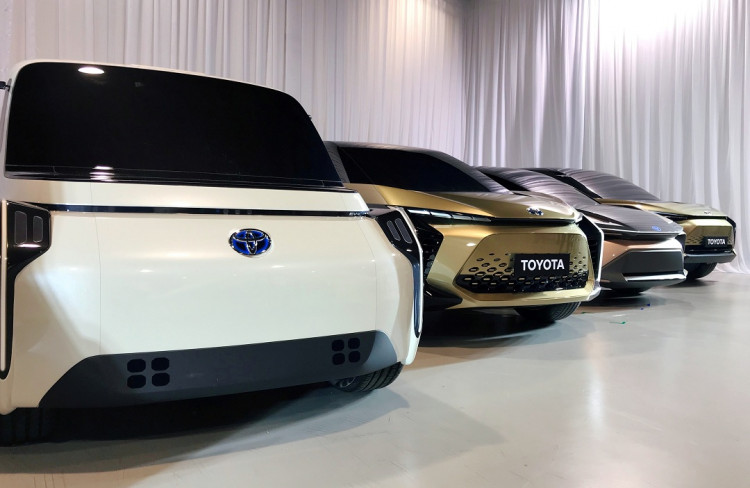Toyota is set to join both Tesla and GM in reaching the 200,000-vehicle limit for customers to receive federal tax credits if they buy electric and hybrid models. Toyota is expected to reach that cap before the end of June.
Toyota's head of North American sales, Bob Carter, said that when the company hits that limit, the tax credit incentives for buyers will be phased out over the next year. When their credit reaches zero, all new customers who opt to buy electric vehicles will no longer be receiving the benefit.
Without the U.S. federal tax credits, Toyota will be at a disadvantage over other brands as it will need to spend more to meet government standards and reduce emissions. Both Tesla and GM have already exhausted their credits, and Nissan is about 30,000 vehicles away from hitting the 200,000-vehicle cap.
Tesla and GM already have a huge price disadvantage without the tax credits, and Toyota will soon have to raise prices for their electrified vehicles as well. The Biden administration is working on a new tax bill under the Build Back Better program, which aims to add billions of dollars in additional EV tax credits. However, the proposal is still stalled in Congress.
The Build Back Better proposal aims to provide EV customers with a $7,500 tax credit that would last until 2026. However, the proposal limits the credit to electric cars manufactured in the United States. If the car is manufactured in the United States under a union-negotiated collective bargaining agreement, the base credit increases by $4,500. Vehicles from GM, Ford, and Stellantis would be eligible.
Toyota had lobbied against the additional credits for unionized manufacturing plants, stating that it would be unfair for companies without unionized workers. The company said the government needs to ensure that there is a "level playing field," clarifying that it was not against EV credits.
Toyota mostly reached the cap by selling plug-in gas-electric hybrids. The company's plug-in RAV4 Prime compact SUV, which has a 42-mile electric range, comes with a $7,500 credit, the highest possible under the federal program. The Prius Prime plug-in hybrid receives $4,500 and has a 25-mile electric range. Toyota previously offered a completely electric RAV4, but it was canceled due to poor sales.
This summer, it will introduce the bZ4X, a completely electric vehicle that can go 250 kilometers on a single charge. Toyota previously said that it plans to offer more than 30 fully electric vehicle models across its Toyota and Lexus brands by the end of the decade.





